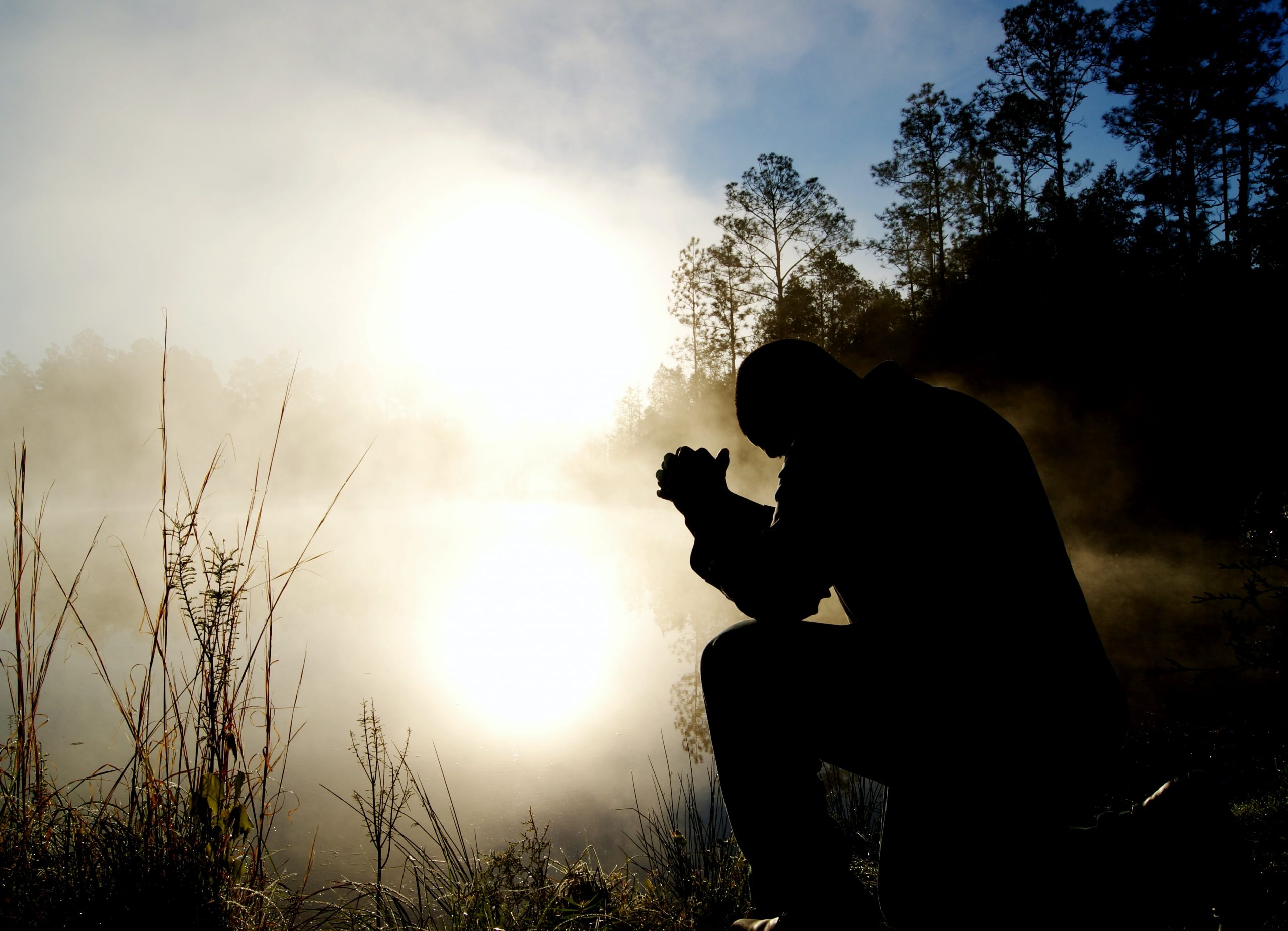Worry. It’s in our nature. We worry about our bills, our kids, our kids’ friends. We worry about our kids’ lack of friends. If we don’t worry, our friends say, “But aren’t you worried?” We figure worry isn’t such a bad thing. If I worry enough, maybe it won’t happen.
Give worry its other name—anxiety—and it sounds a little worse. Anxiety is hard on us in every way. Muscle tension, irritability, restlessness, or feeling “wired.” We might have difficulty concentrating. We could experience depression, extreme fatigue or general tiredness, or have difficulty sleeping. Panic attacks sweep in with intense fear or discomfort, bringing accelerated heart rate or palpitations, seating, trembling, shortness of breath, or feeling of being smothered.
Simply put, anxiety is a fight-or-flight response to crisis. Let’s say you’re practicing the piano when a car smashes through the wall and explodes in a ball or flame. Instant panic. Your hormones jump up and down, yelling, “Danger!” As blood and oxygen rush out of your brain and into your muscles, you pick up the piano and run outdoors with it. A few hours later, getting the piano back inside takes six strong men.
This kind of thing actually happens. In this case, anxiety is your best friend. Now, shift to the classroom and the calculus test on your desk. You look at the first question, and your mind goes blank. Panic sets in. Your hormones do their job exactly the same way, but this time it backfires. Your brain needs blood and oxygen, and your muscles don’t. You can’t even remember how to spell “math”. Anxiety has become your worst enemy.
This happens, too, as we all know. The remedy: breathe! Deep breathing gets the blood and oxygen back up to your brain so you can think rationally.
Worry truly is in our nature. Everyone experiences a certain amount of anxiety, and for the most part, we deal with it. But anxiety becomes a problem when it develops into a habit. We obsessively focus on potential threats and worst-case scenarios, too busy dreading what might go wrong to live in the moment. As our anxious thoughts lead to self-criticism, we hate both the worry and the self-judgement. So we avoid them by backing away from jobs or relationships that challenge us, procrastinating, seeking reassurance from people we see as safe. This gives short-term relief but does little for our quality of life. And eventually these unhealthy strategies break down.
Here’s the good news. Healthy strategies also exist, and they can usually help. Consider the following questions:
1. Does your lifestyle contribute to your anxiety? Take a good look at your time with Jesus, your eating and exercise habits, the balance of work and personal life, stressors at work and at home, your emotional support system, and your caffeine. (Yes, your caffeine. If you play a big role in keeping Starbucks solvent, you might want to reconsider.)
2. What’s really important? Identify and clarify these things. Urgent doesn’t always mean important. Dashing around putting out fires for things that have very little meaning to you adds stress. Doing what truly has value for you takes intentionality, but it’s worth the effort.
3. What are your anxiety triggers? David asked God to “test me and know my anxious thoughts” (Psalm 139:23-24). One strategy is to keep a weekly “Thought Diary”, in which you list stress-including events, the emotions and thoughts they brought out, and activities that helped you feel better. This is a good way to identify “thought cycles,” where one thought spirals into the next and increases the cycles of distress. You might initially want a counselor’s help to analyze your diary.
4. What strategies do you use to suppress your feeling of anxiety? There are plenty of unhealthy strategies for this. Some people use drugs or alcohol to self-medicate. Some burn or cut themselves, inflicting physical pain to relieve emotional pain. Some overeat or undereat to feel better, watch TV to distract themselves, or go for thrill-seeking activities to get the rush. Ask yourself, “When I feel stressed or anxious, what’s my go-to activity? Do I ‘need’ a drink? Do I ‘need’ ice cream? Do I bury myself in fantasy to escape real life?” The difference between good and not-so-good strategies is usually easy to see. You go for a walk and come back more energized, ready to enjoy your family instead of wishing you’d stayed single and celibate. You scroll through Facebook, but as soon as you turn off the computer, your worries flood back. In this case, walking actually helped relieve your stress. The internet was just a distraction.
5. Do I need professional help? When persistent, excessive worry for no obvious reason makes it hard to carry on with normal life, the answer is yes. Possible symptoms:
- Feeling constantly on edge
- Anxiety that gets in the way of a job or relationships
- Irrational fears you can’t shake
- Using ritual behaviors to ward off disaster
- Avoiding everyday activities
- Panic attacks
- Sense of dread and imminent danger
David, “a man after God’s own heart,” struggled with anxiety and depression. The Psalms are David’s record of his journey with God. Psalm 18 is one of my favorites. “He reached down from on high and took hold of me; he drew me out of deep waters. He rescued me from an enemy that was too strong for me… He brought me out to a spacious place; He rescued me because He delighted in me.” Our struggle with anxiety can take us on a journey like David’s. In his weakness, he found that God was the One who deeply met his needs. “When my anxious thoughts multiply within me, Your consolations delight my soul” (Psalm 94:19). Even when we can’t see or feel His presence, God is with us in our despair. As He draws us closer to Him, we can discover Jesus in greater depth and reality.







